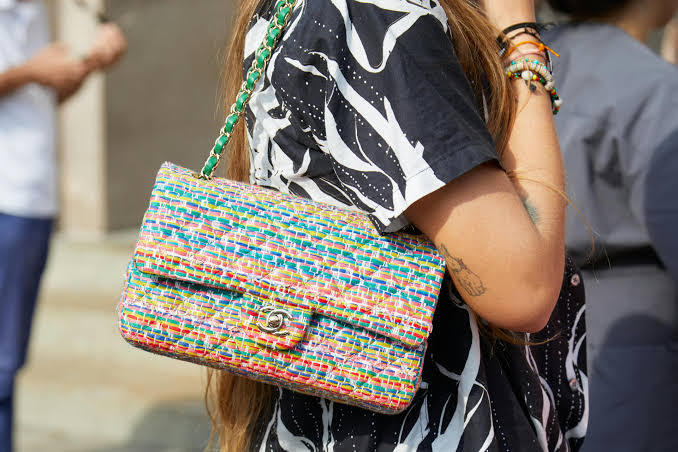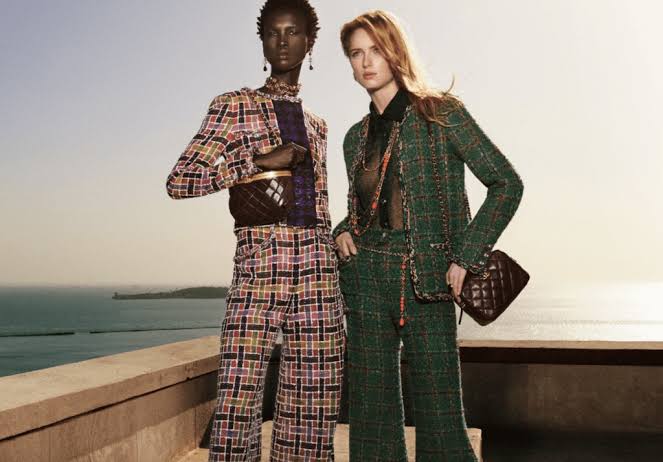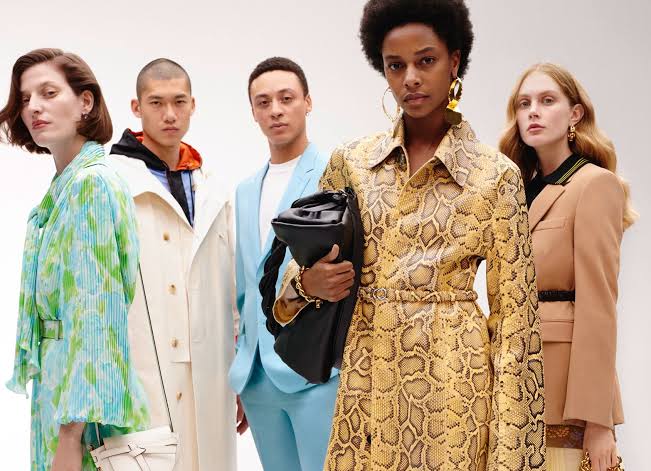
Is Your CHANEL Bag Authentic—But Not Truly Yours?
Thea Elle
August 16, 2025
You finally snagged the vintage CHANEL 2.55 you’ve been dreaming about. The quilted lambskin radiates, and the chain strap sparkles. Feeling virtuous? You should—sustainable, iconic, and far cheaper than retail. Yet, as you unbox it and prepare your first Instagram post, a subtle unease sets in. It’s not regret. It’s the faint awareness of a legal entanglement you never signed up for. While you may have paid in full, CHANEL still asserts certain rights over the bag’s identity—how it’s described, authenticated, and sold in the future. You own the leather and hardware, but not the liberty to wield the brand name as you like.

You Own the Bag, But Not the Aura
Every late night at work, every weekend freelance grind, every “just water for me” at brunch—bit by bit, you saved. This wasn’t just buying a bag; it was a mission. You combed resale listings like an archaeologist hunting relics, learning the subtleties between caviar leather and lambskin like a second language. Then it appeared: the perfect vintage CHANEL 2.55. You clicked buy now with steady hands, aware of every sacrifice that led here.
When it arrived, you unboxed it like royalty, revealing a treasure. The tissue paper whispered as you unfolded it, revealing a supple, gleaming bag that seemed made for you. It felt like a monument to your discipline, taste, and patience. For a heartbeat, you believed the story was yours. Then came the reminder: CHANEL might not see it that way.

CHANEL’s Legal Couture: First Sale, But Make It Fashion
In theory, the “first-sale doctrine” is your legal safety net: you purchased the bag fairly, so reselling it should be straightforward. Simple, right? But CHANEL’s lawyers have spent years sewing in loopholes fit for couture. The moment your resale touches what they consider the brand’s sacred territory, complications arise. Want to a bag on your own? That’s stepping over the line. Using photos that evoke CHANEL’s signature marketing style? Potentially risky. Even describing your vintage treasure as “genuine” could trigger legal scrutiny if it sounds too official in the brand’s eyes.
The message is clear: CHANEL isn’t just defending a product—they’re defending a narrative. You may hold the leather, the hardware, and the chain strap, but the prestige, aura, and the language surrounding it remain under CHANEL’s watchful eye. In this space, brand management becomes intellectual property warfare. You might be an expert at hunting down and saving for your dream bag, but in controlling the story, CHANEL has the advantage. Every Instagram post, every listing, and every marketing angle is a potential flashpoint, and the company is primed to intervene. In their world, ownership of the physical bag doesn’t equal ownership of its meaning, its history, or its public image.

Schrödinger’s CHANEL: Both Yours and Not
Your vintage CHANEL 2.55 now occupies a curious space: simultaneously fully yours and not entirely yours. You can wear it, display it, and store it proudly—but the moment you try to resell, list online, or make certain claims, you step into CHANEL’s gray zone. It’s the luxury-world equivalent of quantum physics: in your hands, it is authentic; in theirs, it may suddenly become suspect.
If Schrödinger had preferred couture to cats, his famous experiment might have involved a quilted flap bag, elegant yet legally precarious, both chic and potentially infringing until observed—or litigated. In the resale market, proof is the key to survival. Avoid testing the legal limits, and your bag remains a safe treasure. Open that proverbial box, however, and you may find that “ownership” is far murkier than your Instagram-ready unboxing ever promised.

Luxury Resale Meets Brand Authority
The RealReal promised to make luxury resale seamless: snap a photo, submit your item for authentication, and pass it along to a new owner who would cherish it just as much. Sustainability, style, and accessibility seemed perfectly aligned. Then CHANEL entered the frame.
What began as a debate over counterfeit products evolved into a protracted legal battle about who gets to define authenticity, how that definition is communicated, and even which fonts and phrases are allowed in listings. The courtroom has become a high-stakes runway, with The RealReal championing open access to luxury and CHANEL defending its ironclad control over brand identity. For buyers, knowing the difference between caviar and lambskin is no longer enough. Understanding trademark law, marketing language, and CHANEL’s strict rules about what counts as officially authentic has become part of the luxury purchase experience.

The Future of Your CHANEL May Be Digital—and Dictated
CHANEL isn’t waiting for the resale market to figure itself out. The brand is already experimenting with blockchain authentication, enhanced serial number tracking, and other tech that keeps every bag connected to its central database. Picture a tiny digital passport inside your flap bag, recording every sale, every owner, and maybe even every hand it passes through. In this vision, the story of your bag is written, tracked, and edited entirely by CHANEL.
In a few years, resale may only occur on CHANEL-approved channels, using CHANEL-approved listings, and even at CHANEL-set prices. That $3,200 bargain you hunted for over years of saving could be replaced by a $7,800 “brand-certified experience,” stripped of spontaneity and thrill. Your leather and chain are yours, but the freedom to sell, market, or even describe your bag could be entirely under CHANEL’s control.
Final Word: Ownership Isn’t Always What It Seems
You worked for it. You saved for it. You reveled in the moment the chain slid over your shoulder, marking a milestone only you could claim. In every physical sense, the CHANEL bag is yours. Yet in the complex world of luxury resale, the rules are fluid, constantly rewritten, and almost always dictated by the brand itself.
So wear it boldly. Let the flap rest just so. Allow the gold accents to shimmer in the light. But remember: in this corner of fashion, authenticity isn’t simply measured by leather and stitching. It’s a performance, one in which you star, but the director—CHANEL—still calls the shots.

